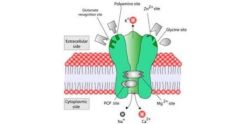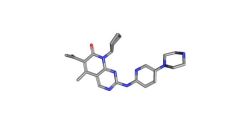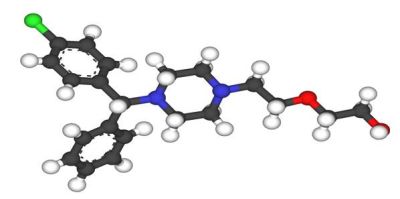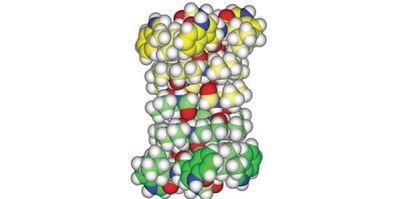Results of a Phase II study led by researchers in the Abramson Cancer Center and the Perelman School of Medicine at the University of Pennsylvania show that Palbociclib, an oral medication that works by blocking molecules responsible for cancer cell growth, is well tolerated and extends progression-free survival (PFS) in newly diagnosed, advanced breast cancer patients, including those whose disease has stopped responding to traditional endocrine treatments. The research has been published in Clinical Cancer Research.
Palbociclib was recently approved by the FDA for metastatic breast cancer patients who have just begun endocrine therapy.
The new results indicate that this drug could also be effective for breast cancer patients who have tried endocrine therapies and have very limited treatment options. Results also indicate that palbociclib can extend the duration of disease control and can produce tumour shrinkage in patients with oestrogen-receptive positive breast cancer without the side effects associated with chemotherapy.
The Phase II trial evaluated the drug's disease response and control and monitored the presence of side effects such as neutropenia. The patients enrolled in the study had previously undergone chemotherapy and hormonal regimens for metastatic disease. The drug was administered once daily for 21 days each month.
The results of the trial demonstrated a median PFS of 3.7 months. Patients with hormone receptor-positive breast cancer had longer PFS of 5.1 months as compared to the HR-negative group. Patients who had previously progressed through at least two rounds of hormonal therapy saw greater benefits of the drug.
Some patients experienced neutropenia or other side effects but symptoms were managed with dose reductions. Improvements in both tumour shrinkage and disease control were noted.
“The drug was extremely well-tolerated in this trial, and the absence of symptoms commonly associated with cancer treatment, such as nausea, diarrhoea, or pain was remarkable,” said senior author Peter Dwyer, MD, a professor in the division of Haematology/Oncology. “Further, since dose reduction effectively restored normal neutrophil counts, safe administration of effective doses was easily accomplished.”
Ongoing studies also demonstrate potential benefits of palbociclib in ER-negative breast cancer when given in combination with paclitaxel. Palbociclib synchronises cells within the cell cycle thus increasing the percentage of cells sensitive to the cytotoxic effects of traditional chemotherapy. Palbociclib may also be effective in others types of cancers but trials are currently ongoing.
Source: Perelman School of Medicine at the University of Pennsylvania
Image Credit: PubChem























